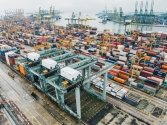Why the Chinese Central Government says 'no' to uncompetitive polysilicon
By Edward CahillReuters recently reported on the Chinese government's plans to consolidate Chinese polysilicon capacity.
The report cites the Chinese central government saying it will accelerate technological upgrades for polysilicon producers and weed out inefficient producers in order to “nurture a batch of internationally competitive producers,” as 41,000 MT out of 69,000 MT of solar-grade polysilicon consumed in H1 2013 was imported.
The report estimates half of polysilicon capacity will come off-line completely, reducing total capacity in China to 100,000 MT/year, quoting GCL that said most producers will be eliminated rather than acquired due to being technologically uncompetitive.
It is an industry-known fact that the current sub-$20/kg prices are not sustainable given that the cost of Siemens polysilicon production is $20/kg to $25/kg for large players with above 10,000 MT capacity.
For companies with less than 10,000 MT capacity, the production costs hover between $25/kg to $30/kg, so any company selling polysilicon below $20/kg is not making any money and the overcapacity is dragging the entire industry down.
This news follows Lux Research’s predictions for the solar industry's consolidation. As price pressure from extreme overcapacity continue, the least competitive manufacturers will go bankrupt.
While acquisition of capacity is an option, most tier-2 and tier-3 manufacturers, especially in China, are undifferentiated, have below-average quality/yield/efficiency, and carry huge amounts of debt, making them unattractive acquisition targets.
In China, provincial governments may also take over a struggling company like Wuxi did with Suntech, but not all provinces can save all local manufacturers, especially with the central government calling for consolidation. That leaves a large amount of capacity that will go off-line, leading to total global manufacturing capacity leveling off in 2014 and dipping in 2015.
What is still unknown is how the Chinese government will enforce consolidation and weed out inefficient producers. The recent anti-dumping subsidies on U.S. and Korean polysilicon do the opposite, by protecting domestic manufacturers from competition, or at least from U.S. competition.
Expect this initiative to take some time as the government decides how to best follow through on its goals. On top of weeding out uncompetitive producers, the Chinese government plans to accelerate technological upgrades for top-tier manufacturers like GCL, Daqo New Energy, and Luoyang China Silicon.
This will likely come in the form of more capital to these tier-1 companies to replace aging, undifferentiated equipment with new technology that can reach higher purity polysilicon at lower costs. Such a move will greatly benefit equipment and technology providers that have been waiting for manufacturers to restart capital expenditures after years of capex freezes from overcapacity.



















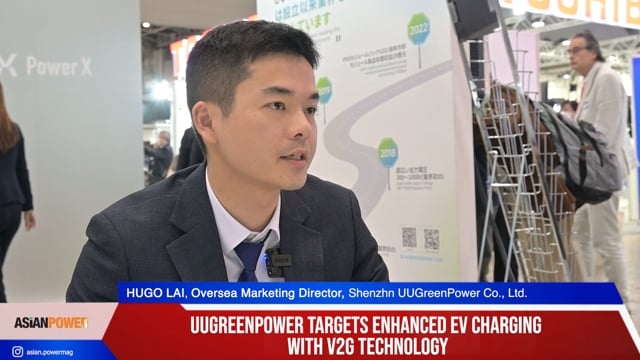
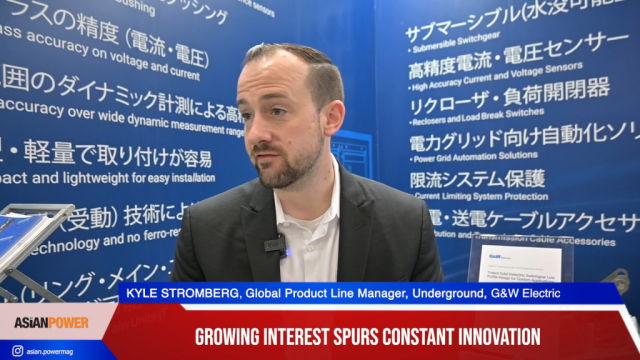
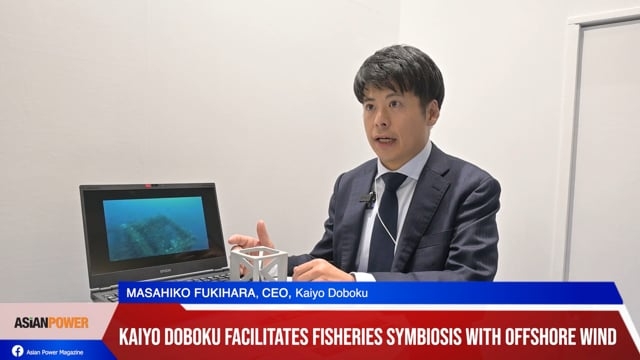
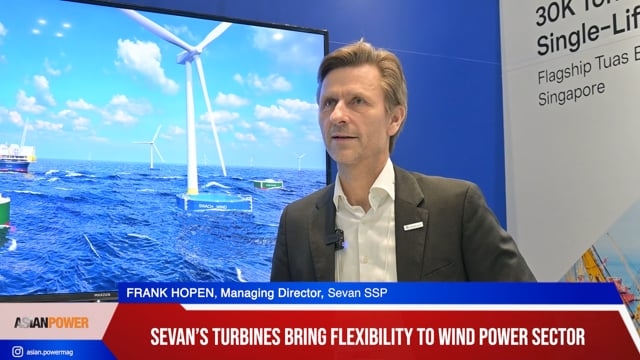

 Advertise
Advertise
